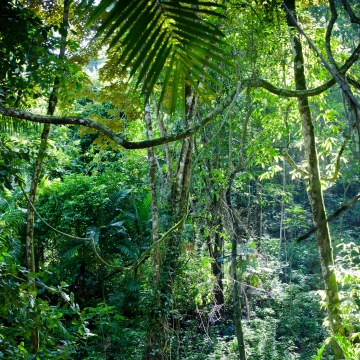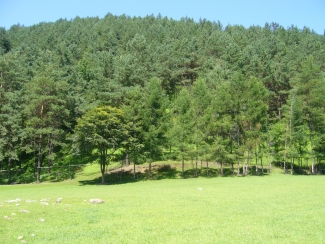Dynamics of indirect land-use change: Empirical evidence from Brazil
The expansion of a given land use may affect deforestation directly if forests are cleared to free land for this use, or indirectly, via the displacement of other land-use activities from non-forest areas towards the forest frontier. Unlike direct land conversion, indirect land-use changes affecting deforestation are not immediately observable. They require the linking of changes occurring in different regions.

